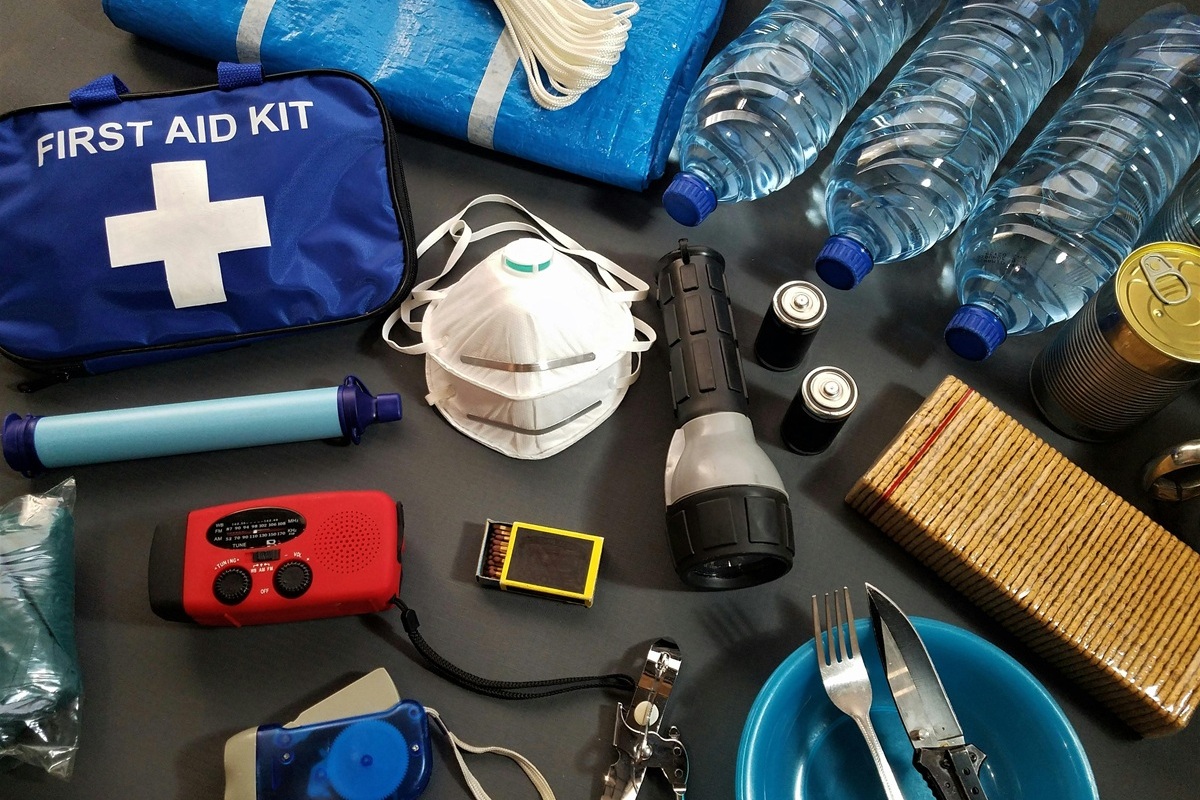EU citizens are being encouraged to build up stores of food, water and medicines in light of “new realities” that will require “a new level of preparedness in Europe”. Whether the threat be climate related – think of floods or wild fires, for example – or a military threat, all households on the continent are being urged to gather at least 72 hours of essential supplies that could help them weather dark times.
The announcement comes following the rebranding of the Rearm Europe initiative, a programme worth up to €800 billion, as Readiness 2030. The initial objective of the initiative was to spur investment in EU defence programmes, such as the acquisition of advanced weapons and ammunition, but its reach has now spread to encompass a civilian movement of storing essential supplies in the event of disaster under the Preparedness Union Strategy.
A statement from the European Commission reads: “It comes as the European Union is facing increasingly complex crises and challenges that cannot be ignored. From growing geopolitical tensions and conflicts, hybrid and cybersecurity threats, foreign information manipulation and interference, to climate change and increasing natural disasters, the EU needs to be ready to protect its citizens and the key societal functions that are crucial for democracy and daily life.”
Within the finer details of the Preparedness Union Strategy, citizens are asked to “adopt practical measures, such as maintaining essential supplies for a minimum of 72 hours in emergencies” while public institutions, such as hospitals and schools, are encouraged to “enhance the stockpiling of critical equipment and materials”.
As part of the plans, so-called preparedness lessons are set to be integrated into school curricula across the EU.
According to Ursula von der Leyen, President of the European Commission, “New realities require a new level of preparedness in Europe. Our citizens, our Member States and our businesses need the right tools to act both to prevent crises and to react swiftly when a disaster hits. Families living in flood zones should know what to do when the waters rise. Early warning systems can prevent regions hit by wildfires from losing precious time. Europe stands ready to support Member States and trusted partners in the neighbourhood to save lives and livelihoods.”
Meanwhile, Kaja Kallas, the High Representative for Foreign Affairs and Security Policy and Vice-President of the European Commission, stated, “Today we face an increasing number of external security challenges and a growing number of hybrid attacks in our common European space. It is clear that Europe must be stronger on all fronts and at every level of society. It is always better to prevent crises than to deal with their consequences. Our strategy is about building a comprehensive picture of the threats we face, preparing citizens including by improving their risk-awareness, stepping up civil-military cooperation, and working more closely with external partners, including NATO. Preparedness is a whole-of-government and whole-of-society challenge – today we advocate for a collective response.”
Read related:
EU defence initiative rebranded as ‘Readiness 2030’ after backlash from Italy and Spain
Monaco Life is produced by real multi-media journalists writing original content. See more in our free newsletter, follow our Podcasts on Spotify, and check us out on Threads, Facebook, Instagram, LinkedIn and Tik Tok.
Photo credit: Roger Brown, Pexels
